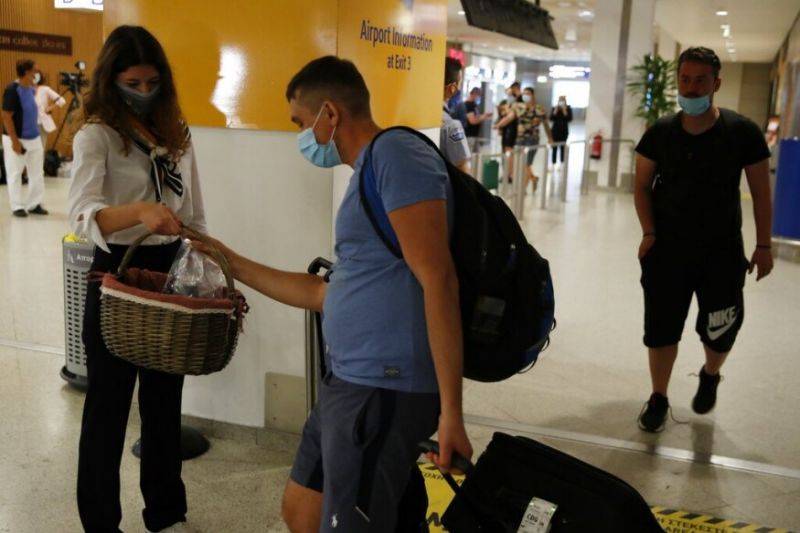Canada to ease border restrictions for students, sweethearts

Stay tuned with 24 News HD Android App

Canada's border restrictions will be eased to allow in foreign students as well as non-citizens who are in an exclusive dating relationship with a Canadian, the immigration minister announced Friday.
A ban on non-essential international entries was extended this week until the end of October, as the country grapples with a surge in new coronavirus cases.
But Ottawa signalled it would seek to facilitate more reunifications.
"We recognize that travel restrictions should not keep loved ones apart," Immigration Minister Marco Mendicino told reporters.
"In these challenging times, we know those challenges are best met with the strength and support of those we love by our side," he said.
Canadian media have reported on a number of border breaches by love-struck Americans, including one man who broke pandemic rules to meet up with his Canadian girlfriend in Alberta and go sightseeing. He was fined and ordered out of the country.
In another case, an American sailed to the Canadian Pacific coast to pick up his Canadian girlfriend. The couple were intercepted by the coast guard, and each was returned to their respective country.
Several couples have also met at the border for dates, each staying on their respective side.
The border changes announced on Friday go into effect on October 8 and allow in foreign partners in an exclusive dating relationship of at least one year, as well as their children, grandparents and siblings.
It will also allow in foreign nationals for compassionate reasons such as a life-threatening illness, critical injury or death.
Foreign students accepted to Canadian universities that have an approved Covid-19 readiness plan in place will also be let in starting on October 20.
Travellers will need to apply and be issued an authorization before they can arrive in Canada, and upon arrival will have to self-isolate for 14 days.
Public Safety Minister Bill Blair, meanwhile, hinted that the closure of the Canada-US border to all non-essential travellers could last for months, given a spike in new cases on both sides.
The restriction, under an agreement between Ottawa and Washington, was first imposed in March and is set to expire on October 21.
But Blair said it would likely remain in place until the Covid-19 conditions in both countries "change very substantively."
